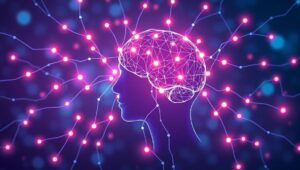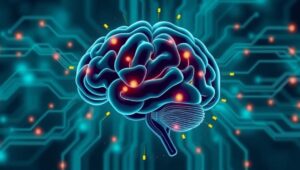May 28, 2025
The Black Box Problem: Why AI Transparency Matters (2025 Onward)
The Black Box Problem: Why AI Transparency Matters (2025 Onward) Artificial intelligence is rapidly transforming our world. From healthcare to finance, AI algorithms are making decisions that impact our lives in profound ways. However, many of these AI systems operate as ‘black boxes,’ meaning their internal workings are opaque and difficult to understand. This lack of transparency poses significant challenges and raises critical questions about accountability, fairness, and trust. What is the Black Box Problem? The ‘black box’ problem refers to the inherent difficulty in understanding how complex AI models, particularly deep learning neural networks, arrive at their decisions. These












